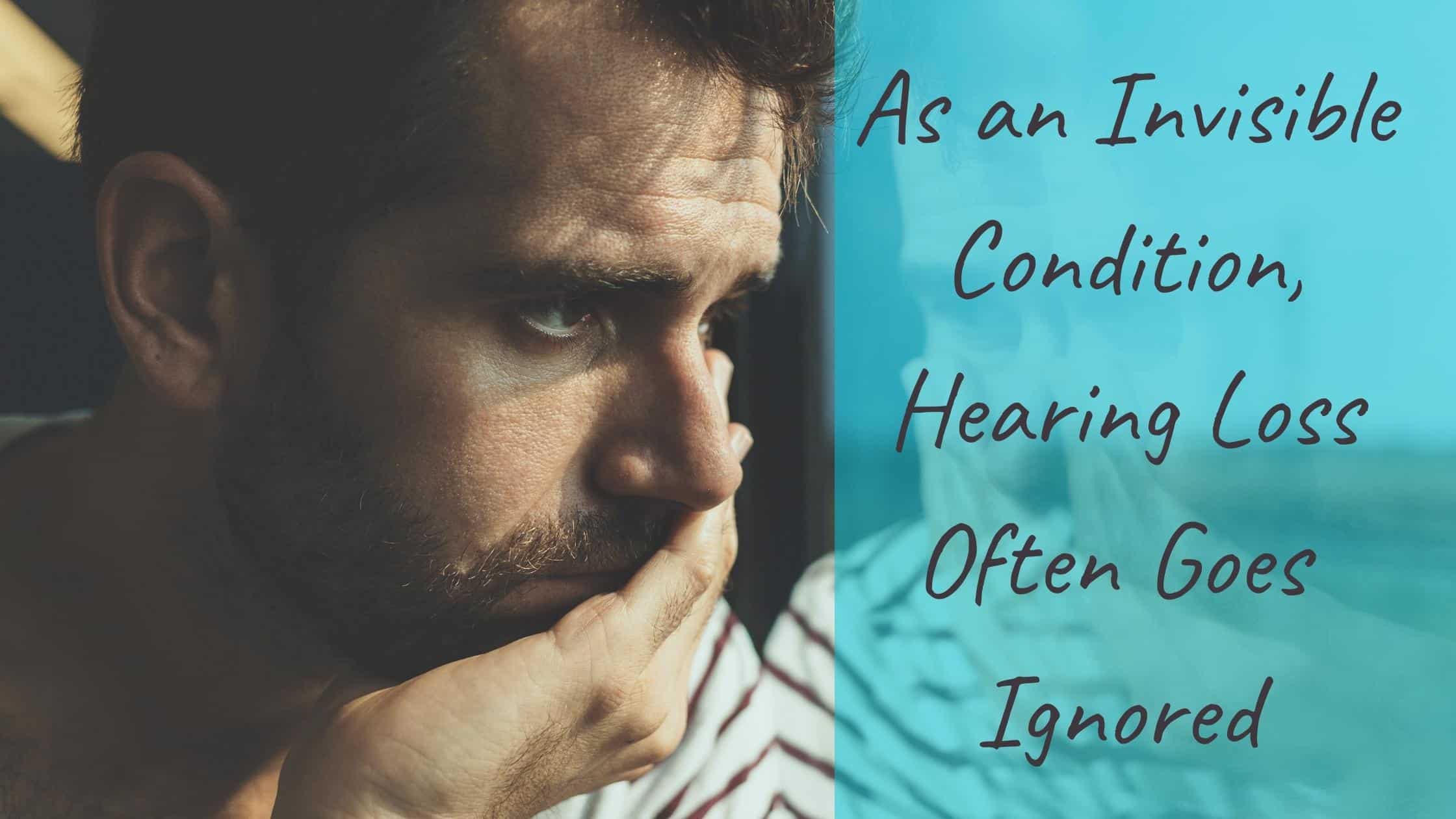
Hearing loss is one of the most pervasive health conditions people experience today. Impacting nearly 48 million people, the number of people with hearing loss is expected to grow exponentially. The World Health Organization (WHO) estimates that 1 billion people (ages 12-35) globally are at an increased risk of developing hearing loss due to loud noise exposure. Though hearing loss is the third most common chronic medical condition in the U.S., it is widely underdiagnosed and overlooked. An invisible condition, hearing loss typically happens gradually so it can remain overlooked for quite some time. This can worsen the impairment and hearing health which is why it is critical to recognize the signs and intervene early!
Widespread Inaction on Hearing Loss
According to the National Institute on Deafness and Other Communication Disorders, nearly 29 million adults could benefit from using hearing aids. This highlights how undertreated hearing loss remains. To investigate the scope of inaction on hearing loss, the American Speech-Language-Hearing Association (ASHA) recently conducted a study. The study involved analyzing data from a nationally representative sample of 2,500 adults, ages 18 and older. Key findings include:
- Only 2 in 10 adults have had their hearing tested in the past 5 years, compared with 6 in 10 adults who have had their vision tested
- More than 51% of participants reported having issues with their hearing but only 11% sought treatment
- More than 78% of those who reported hearing issues have experienced these challenges for one or more years. 35% have experienced hearing issues for 5 or more years.
- 56% of people with untreated hearing issues said they were unlikely to treat it unless it was severe
These findings reveal that not only is hearing is underassessed, but that even when people experience hearing related issues, they are more likely to not seek treatment.
There are a few reasons that help illuminate why people often ignore their hearing loss:
- Misconceptions: there are numerous misconceptions about hearing loss that contribute to a delay in treatment or even ignoring it altogether. This includes that hearing loss is not a serious or permanent condition, only older adults experience it, and that it is curable so can be dealt with later. Hearing loss is a chronic condition that is permanent which means that there are no medical interventions that restore hearing. There are effective treatment options that offer significant support. Also, people of all ages can be and are impacted by hearing loss!
- Stigma: people can experience challenges around acknowledging changes to their hearing health. There is still stigma associated with hearing loss which can prevent people from addressing their symptoms.
- Gradual Process: because hearing loss usually happens gradually over time, it can be easier to overlook and not completely realize that it is happening.
This delay in treatment can have severe consequences including worsening hearing impairment as well as increasing the risk of developing associated conditions like cognitive decline and depression.
Recognize the Signs of Hearing Loss
Being able to recognize the signs of hearing loss allows you to intervene early! Common signs include:
- Tinnitus: a buzzing, ringing, or clicking like noise heard in one or both ears
- Increasing the volume on the television and/or other electronic devices
- Asking others to repeat themselves, speak louder, and/or slower
- Sounds and speech are slurred or muffled
- Difficulty identifying individual words
- Needing to move to a quieter setting to hear more clearly
- Experiencing difficulty hearing in environments with background noise
- Feeling exhausted or stressed during and after social interactions
- Lip reading, pretending to hear, and using other strategies to try to hear
These hearing loss symptoms strain hearing and make conversations difficult to navigate. This can affect all facets of life including relationships, job performance, social engagement, and mental health.
Seeking Treatment
Treating hearing loss alleviates symptoms and drastically enhances hearing health. You can take the first step today by scheduling an appointment for a hearing test. Facilitated by a hearing healthcare provider, hearing tests are painless and relatively easy! They measure hearing capacity and identify any impairment, the degree, adn type of hearing loss you are experiencing. The most common treatment for hearing loss is hearing aids which are highly innovative devices that provide ample hearing support!
